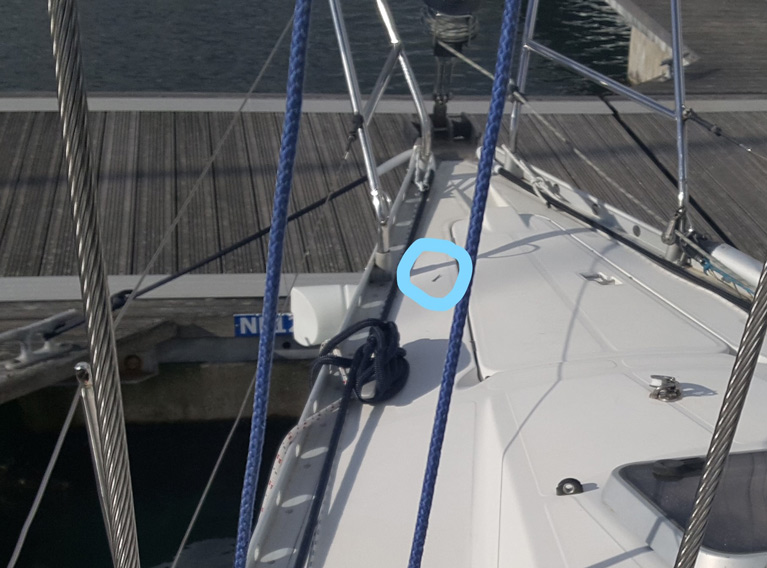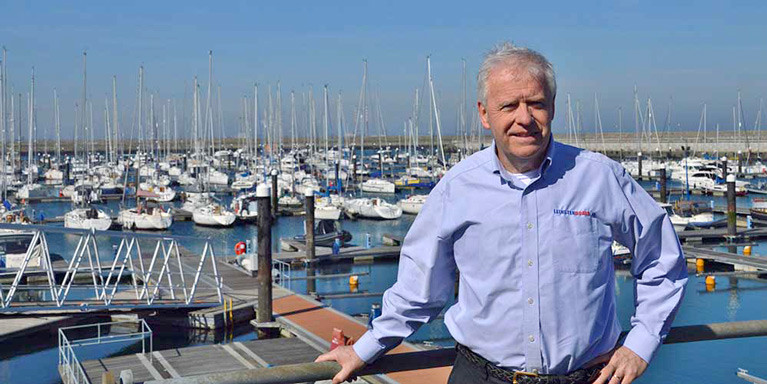With the easing of access regulations on May 18th, a recent boat purchaser asked yacht broker Ronan Beirne of Leinster Boats what should he be looking out for not having been on board his boat for some weeks.
Here is a checklist that will be “natural instinct” for the old hands, however, it might be of use to the more recent boat owner.
- On approaching your boat check the waterline/boot top for growth. The Boot top can be cleaned with a long-handled scrub brush however booking for a lift and clean at this busy time would be advised.
- Check the mooring lines for chafe at fairleads and toe rails. Adjust accordingly.
- On boarding, walk around the deck and look out for any stray clevis pins or shackles and investigate the source and make good. Check the rigging bottle screws.
- Open up the boat and check the bilge for water and any smell of gas. If bilge is dry pump anyway to remove any gas that may be in the bilge.
- Startup the motor and after she has started up gently put in gear and leave running in gear as diesel motors like to work with load. Leave it running while you attend to other items.
- Look over the running engine and check the stern gland for any leak. If there is a drip you may need to apply grease pressure where there is such a remote turn screw facility.
- Open the fore hatch and ventilate the boat.
- Turn on the VHF and listen out for any traffic to ensure it is working.
- Check the service dates on flares and fire extinguishers.
- Open the fridge and cool box and leave open of not on for ventilation.
- Prepare a safety plan showing where all your safety kit is stored. This you can post to a bulkhead for visitors to get familiar with the location of your safety kit on board.
- Go back on deck and if light wind from ahead permits unfurl your headsail and check.
- Similarly, hoist the main and ensure all OK. Inspect the gooseneck.
- Check the service date on your liferaft to ensure it is “in date”
 A stray clevis pin on deck
A stray clevis pin on deck
Having attended to these basic checks you can now look forward to the Summer knowing that you have checked on the basic safety and operational aspects of your vessel.


























































